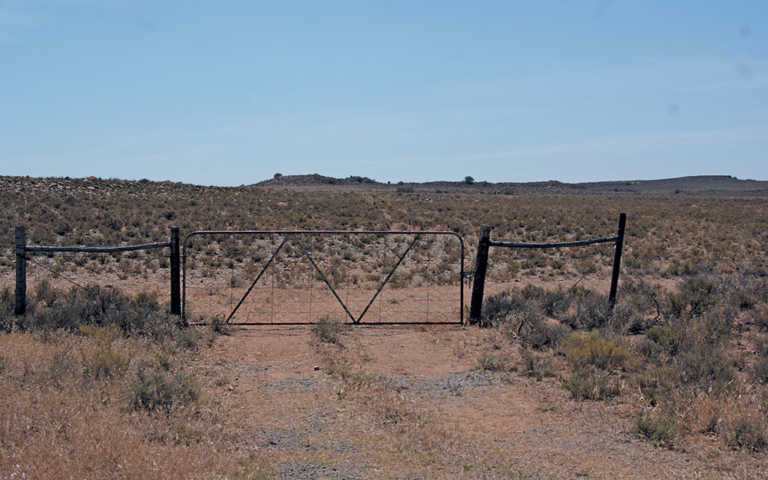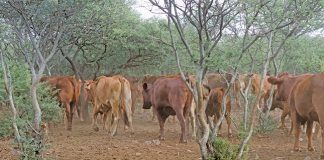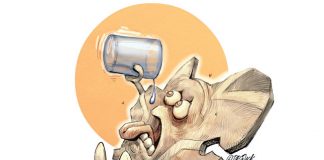
We only spent a few hours at the library, but left having learnt a lot more than we anticipated.
Even from the very early years of the publication and throughout the last century, drought was often the main news event.
The ability of farmers to prepare for and respond to drought may have improved somewhat over the past 100 years, but one thing that has apparently not changed is the unsatisfying response from government to assist farmers affected by drought.
The impression I gained was that, at least for the past 100 years or so, regardless of the government in charge, farmers have always struggled to make themselves heard by politicians.
This is also not a problem unique to South Africa. We often read in the news about farmers in Europe, for example, resorting to drastic measures such as dumping vast quantities of milk in an effort to draw attention to the struggles they face and to demand action from their governments.
In the US, farmers are turning out to be the biggest losers in the so-called emerging trade war between that country and China.
Earlier this year, farmers in India staged a massive protest to demand better protection and more support from government, while in Bulgaria, farmers took to the streets to protest the introduction of new trade laws.
In Peru, potato farmers went on strike to protest the sharp drop in potato prices.
It’s impossible to conclude without conducting wide-ranging, scientifically-sound research that farmers all around the world are poorly regarded and supported by their respective governments, but further proof that might support this argument is the lack of participation offered to the farming sector in the global climate change dialogue.
It was really only at the 21st UN Framework Convention on Climate Change (COP 21) in Paris in 2015 that the agriculture sector was included as a contributing party to the conference in any meaningful way, and this only happened after vigorous lobbying work by the World Farmers’ Organisation.
Perhaps the lack of support and appreciation from governments for agriculture can be attributed, in part, to the lack of cohesion within the sector.
On a global scale, farmers have difficulty representing a united front because of internal conflict around matters such as subsidies paid to farmers.
Here at home, at face value, the Agri-Sector Unity Forum, a tentative move to establish a united platform in which all local farmers’ organisations can participate to bring attention to matters affecting all farmers equally, such as the drought, has not exactly been a resounding success.
So, is it perhaps farmers themselves, and not governments, who have been their own worst enemy throughout the years?











